For twenty years, we’ve been promised that the key to who we are lies in our DNA. But as contributing editor Omari Edwards argues, the dream of a genetic blueprint has failed to deliver and may never have made sense to begin with. In one of the most anticipated debates at this year’s HowTheLightGetsIn London 2025 Festival, three pioneering thinkers, Denis Noble, Stuart Kauffman, and Joanna Moncrieff, will dismantle the myth of genetic determinism and clash over what should replace it. Is life encoded in our genes, or is the very idea of a biological script a scientific detour and a political danger?
For two decades, we have been told that our genes are our destiny, the master script from which every trait, every strength, every flaw could be read. When the Human Genome Project was unveiled, it was hailed as the “blueprint of life,” a Rosetta Stone that would unlock the language of creation and deliver cures for the great diseases of our age. But the promised revolution never came. Beyond a handful of rare conditions, the hunt for simple genetic explanations has failed. The genome is not the manual for life we were promised. It remains a puzzle with missing pieces, its code shifting under the influence of environment, physiology, and chance.
Upcoming at HowTheLightGetsIn, three leading thinkers will ask whether the idea of a genetic blueprint has been a 20-year detour. Oxford biologist Denis Noble will set out how our genes are just ingredients, controlled by networks of feedback across the whole organism. Stuart Kauffman, the pioneer of complexity science, will insist that life is self-organising and creative, irreducible to any code. Psychiatrist Joanna Moncrieff will challenge not just the science but its politics, warning that genetic determinism risks turning human suffering into inherited defect while ignoring its social roots. Together they will clash over one of the biggest questions of modern science: Will the next revolution in biology redeem the genome’s promise or bury the dream of a genetic blueprint once and for all?
What unites Denis Noble, Stuart Kauffman, and Joanna Moncrieff is their rejection of the old story: that the genome is a master plan from which our destiny can be read. Each of them dismantles that idea from a different angle; yet they disagree on what should replace it, and on how far we can go in building a new framework for biology and medicine.
The problem is not just that genetic determinism oversells what genes can do; it’s that it distorts how we think about life itself. It implies a one-way flow of causality, as if DNA were a script unrolling towards an inevitable future, when in reality genes are switched on and off by signals from cells, hormones, nutrition, and even mechanical forces in the body. Determinism flattens this complexity into a single code to be cracked, promising certainty where only probability exists. And that false promise shapes medicine, policy, and identity: it directs funding towards genome scans while underinvesting in prevention, and it encourages us to see health problems as personal flaws written in our DNA rather than as products of shared environments we might collectively change.
___
No master gene is pulling the strings.
___







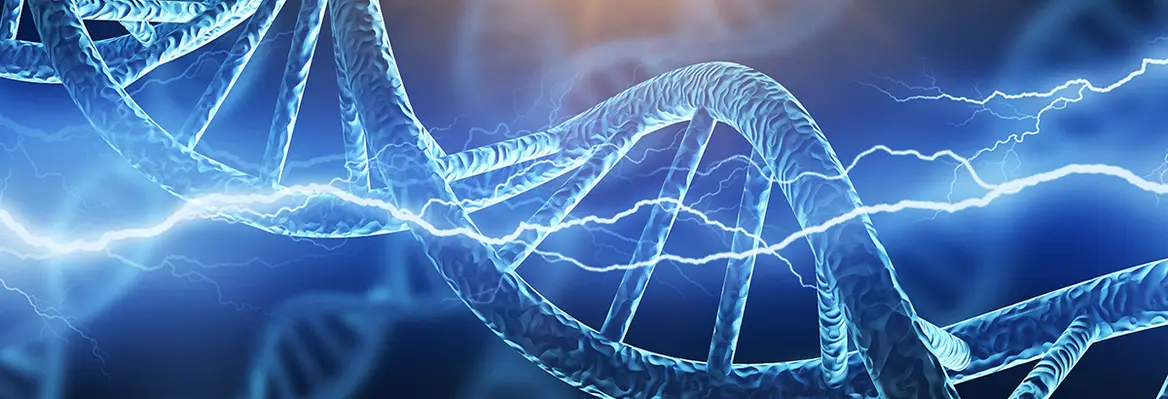

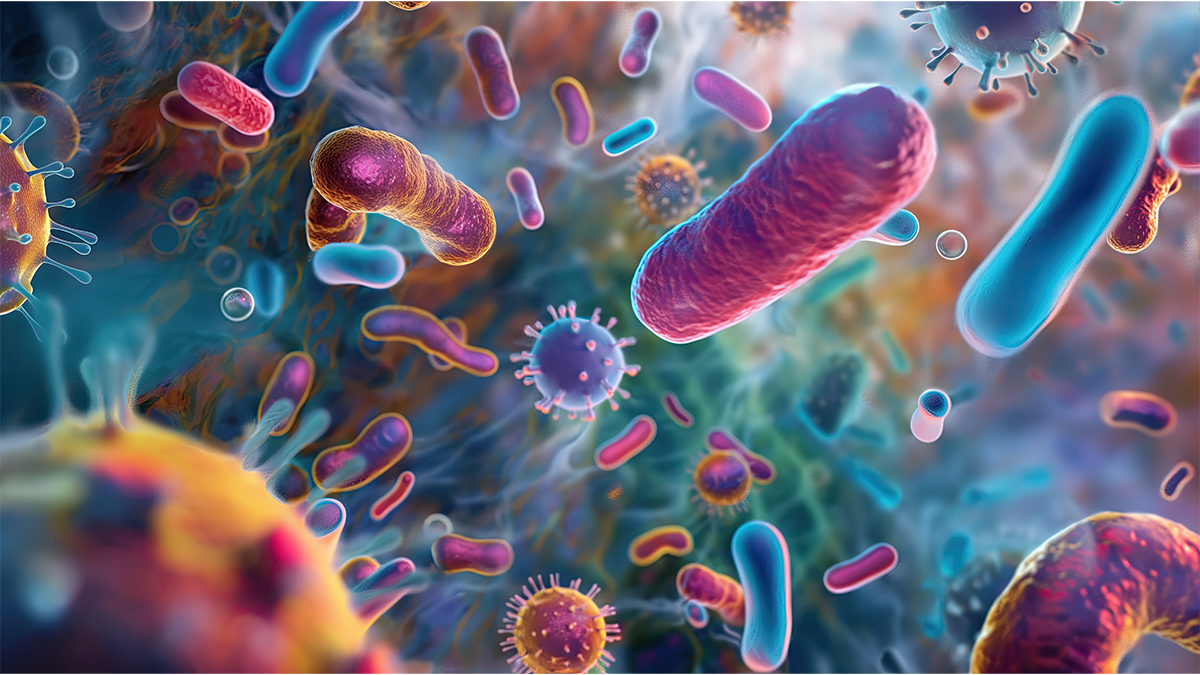

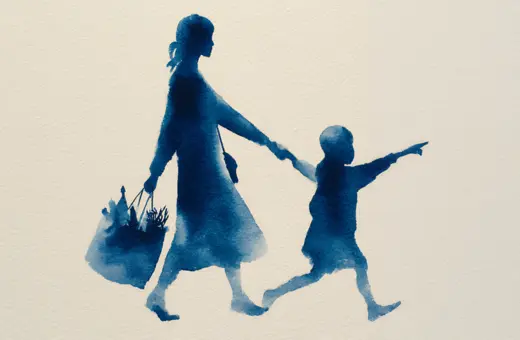
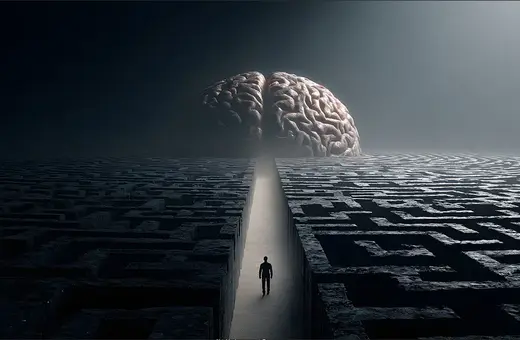
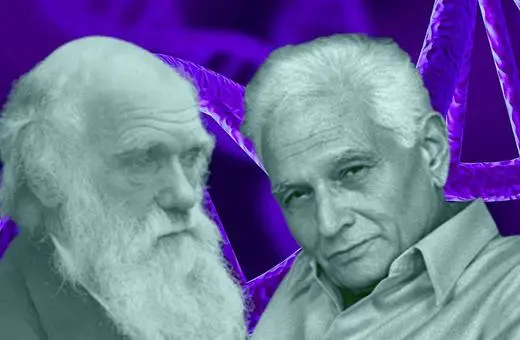
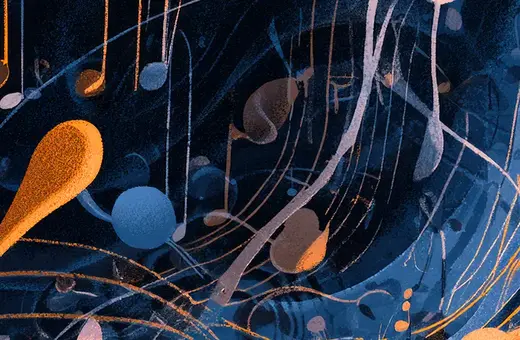
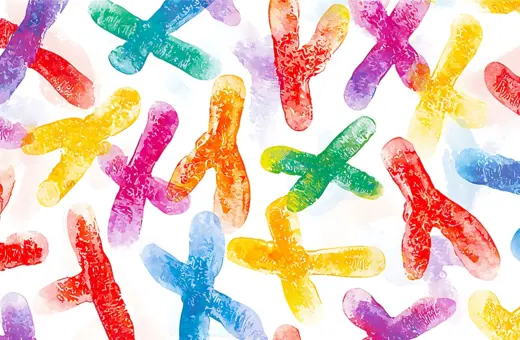






Join the conversation